New study shows a rapid increase of diesel-fueled backup generators across California
Green Car Congress
OCTOBER 7, 2021
Emissions from these backup generators can harm local residents, regional air quality and the global climate. M.Cubed’s study highlights that many of these generators are in communities that the California Environmental Protection Agency identifies as “disadvantaged,” according to CalEnviroScreen. Source: Bloom Energy.

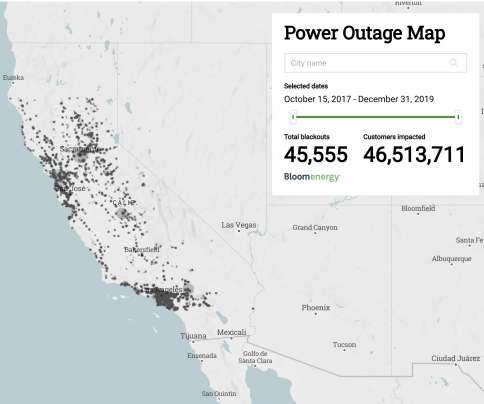















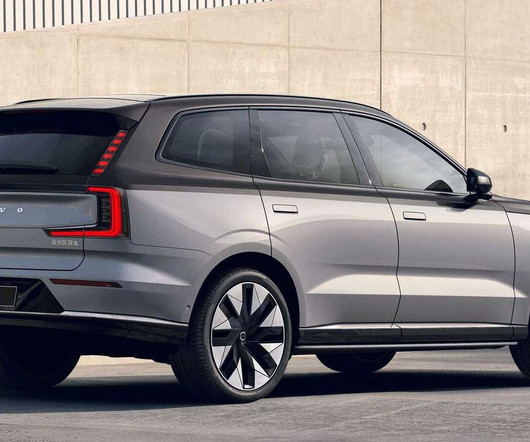






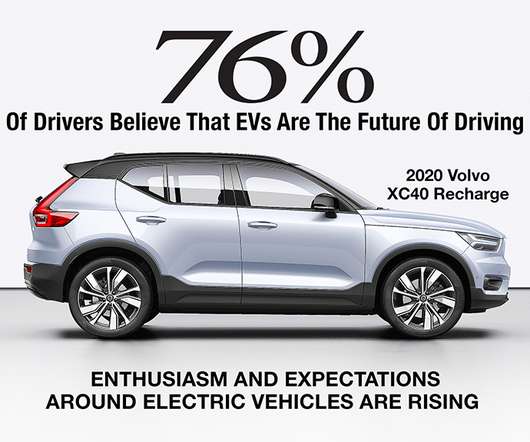




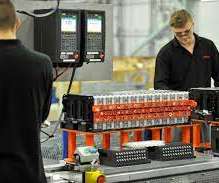
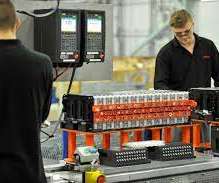






Let's personalize your content